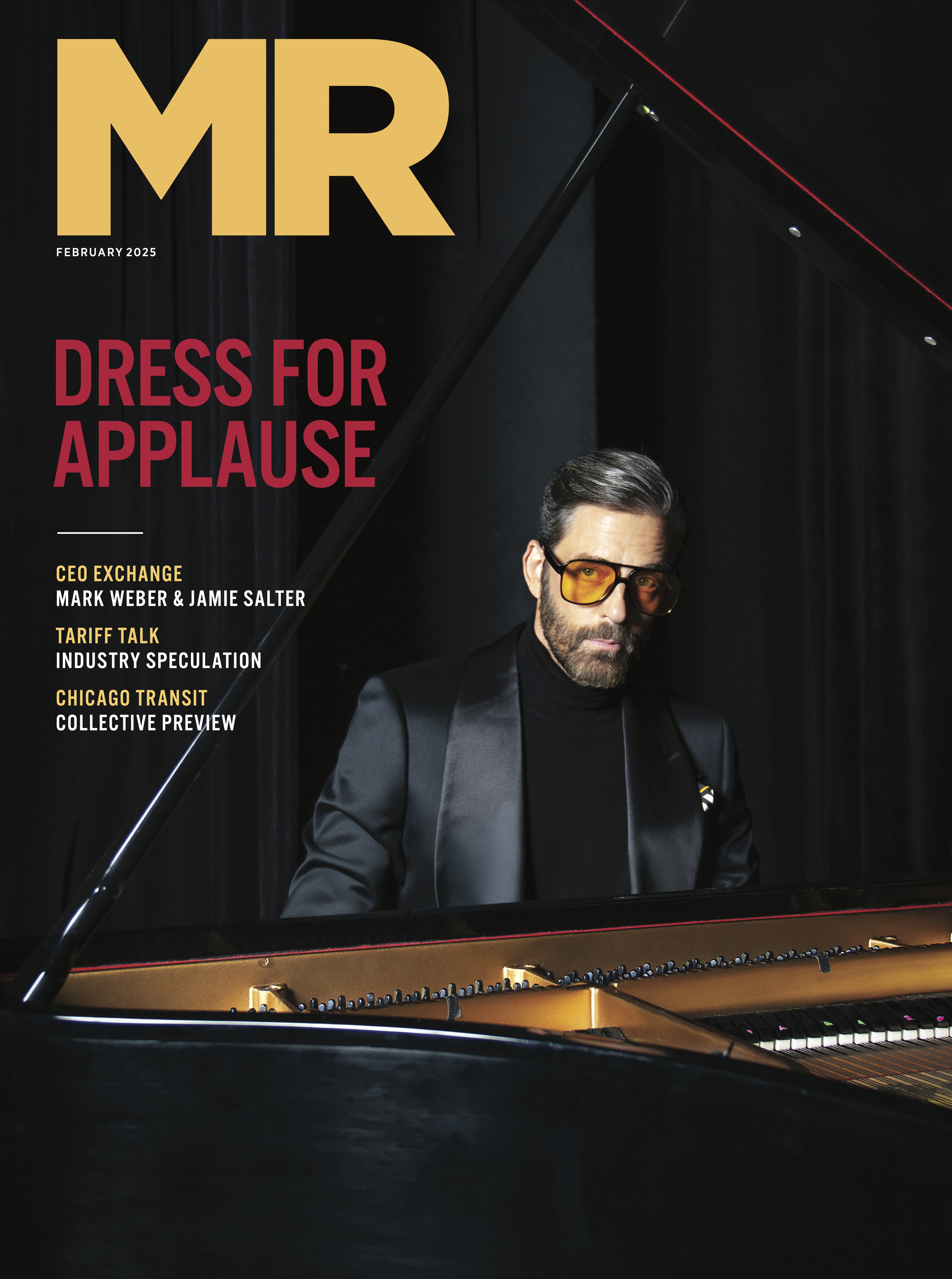The Race To Find A Streetwear Unicorn

If you were going to design the closet of the world’s biggest sneakerhead, it would look a lot like Stadium Goods. The storefront a block north of Canal Street in lower Manhattan features hundreds of cellophane wrapped kicks on the walls, from a $35 Nike Toki Low TXT to a $34,000 Air Jordan 11 Jeter, the latter pair displayed behind glass in the Trophy Case along with other astronomically-priced shoes including an $8,500 Air Jordan 1 Retro High (“or as little as $880/mo”). Venture through another door and you’ll find the Stadium Goods Market Center, where the growing company will happily consign your much-loved but unwanted sneakers, selling them in store or online for a 20 percent cut. This model—a physical space along with physical products combined with a massive e-commerce arm—helped founders Jed Stiller and John McPheters, former hospitality and marketing executives, respectively, transform Stadium Goods from an idea in 2015 into a business that they say did $100 million in gross merchandise volume in 2017. Simple math reveals that to be a lot of freaking sneakers, and a significant portion of a market worth $1 billion and growing. Sneaker consignment is not a new idea. Flight Club, just 15 blocks north, has been in the game for more than a decade, while consignment has been a staple of the vintage world for as long as cool kids have been selling their handsomely beat-up Starter jackets. The innovation Stiller and McPheters bring isn’t so much the business model as it is the lingo. They speak in the language of the tech bro – throwing around terms like “proprietary tech,” “customer acquisition,” and “huge year-over-year growth” in a recent interview. They’re clear in their ambitions: become a unicorn, the tech-world phrase for a company worth over $1 billion. Stadium Goods wants to be the friendly neighborhood shoe store—for the entire planet. Read more at GQ.

